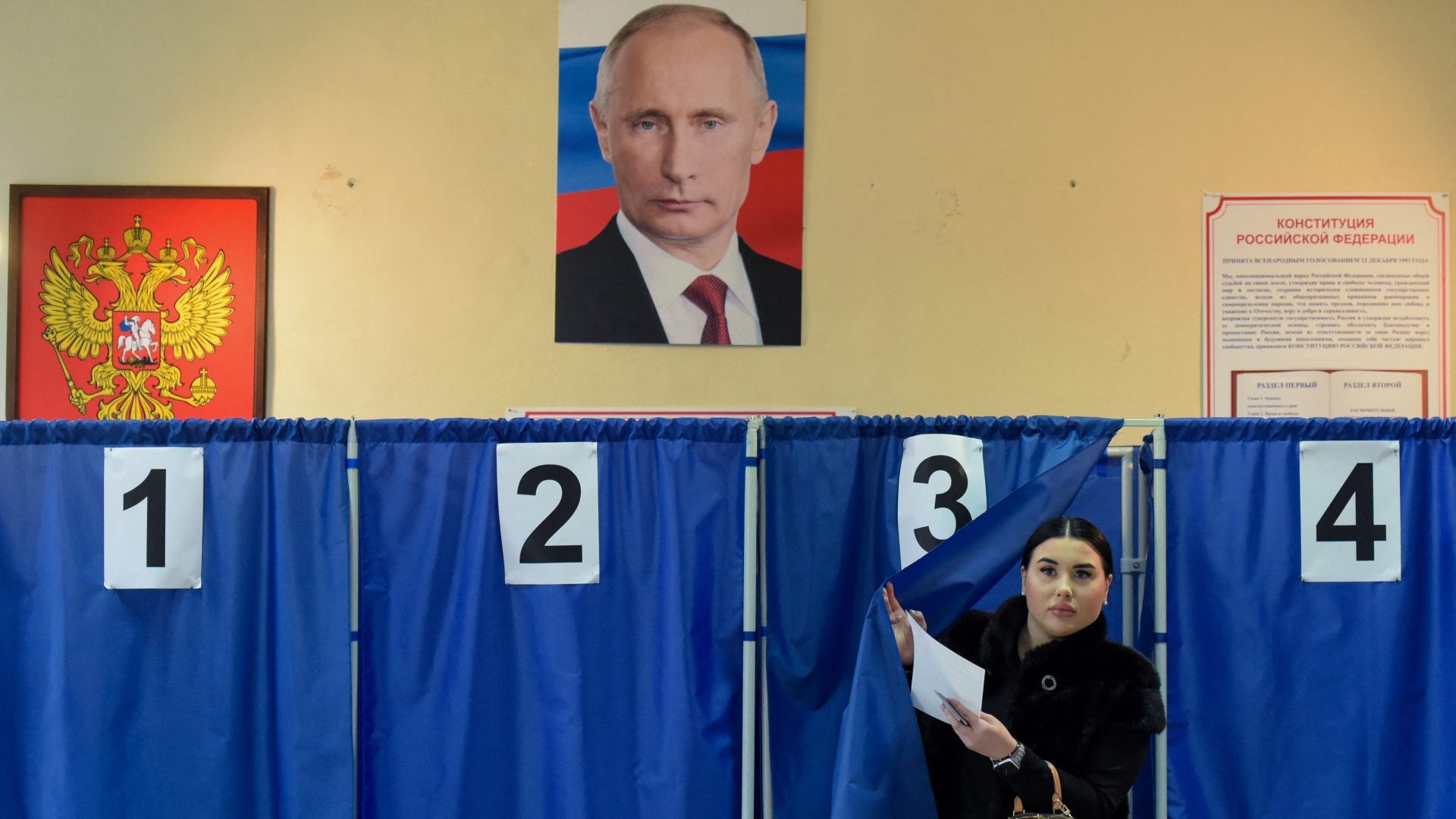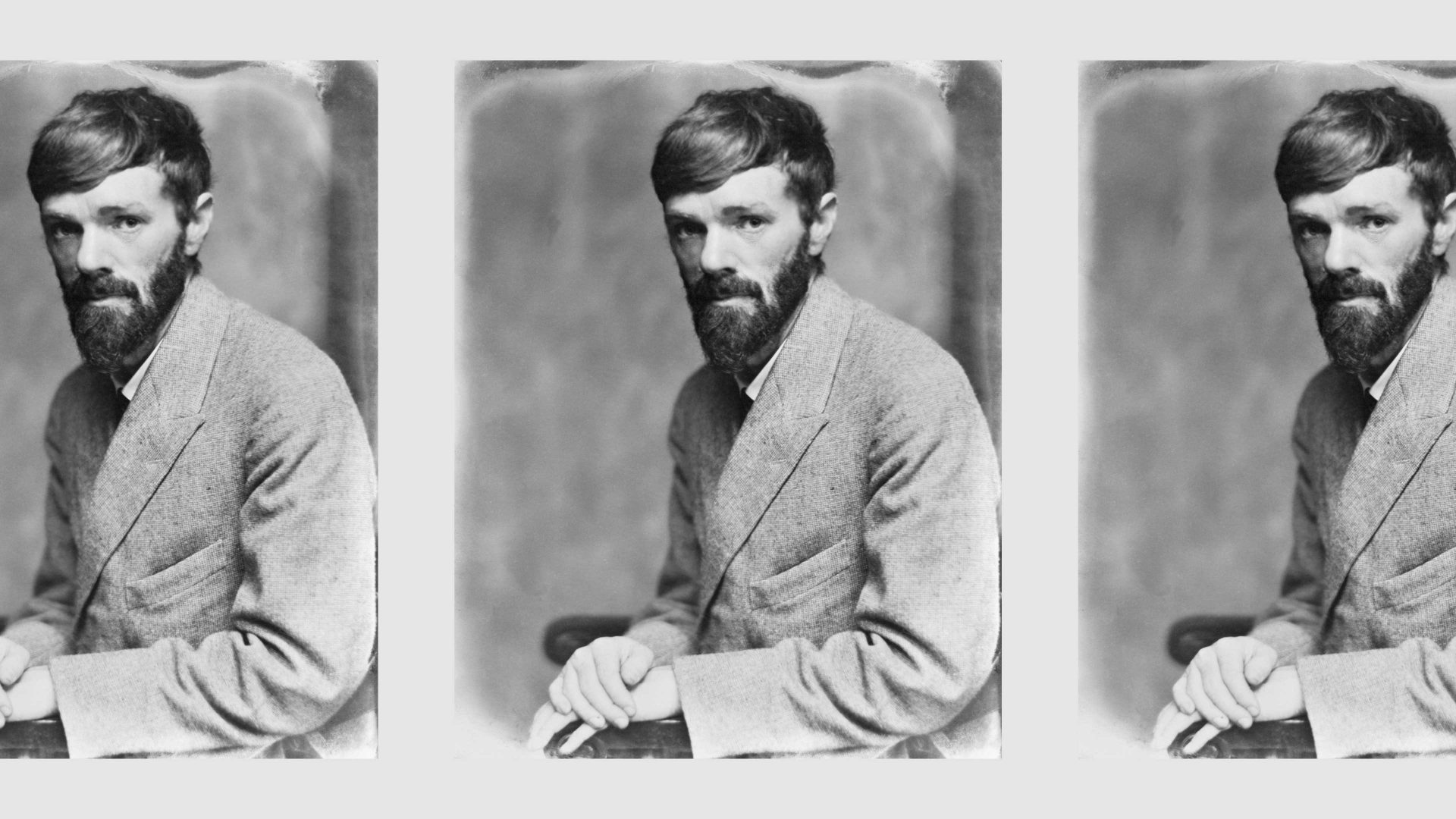Despite the complete lack of intrigue about Russian presidential “elections”, here I am, spending my Sunday morning crafting protest slogans to invalidate my ballot on my way to the Russian Embassy in Paris. I’m going to arrive right in time for the “Noon against Putin” campaign that Alexei Navalny, killed in his Arctic prison one month ago, had urged voters to support.
In the back of my metro car, guys are chatting in a familiar language. A passenger opposite me catches my gaze and smiles. He too is Russian – and so are most of the people on this train.
As we emerge from the underground, we’re greeted by the sound of Song About Freedom, one of the beloved tunes of the Russian protest movement. A cheerful young activist is holding a cardboard sign that reads “Freedom to Russia. Tribunal to Putin. No to war”. Several people shake his hand and take his picture. I find my friend, and we head to the embassy together.
It takes us 10 minutes of walking along the queue to fully grasp its enormity. Finally, we join some acquaintances, the line disappearing into the distance. Right ahead of us, another cardboard sign reading “Russia without Putin”, visibly annoys a middle-aged voter passing by. “There’s no Putin in America, go there!” he yells. “Why don’t you go to the frontline instead?” the crowd responds.
I notice several other signs, but they’re folded. “The police told us we couldn’t display those here, so I’m leaving,” says a woman in a red jacket playfully, slowly walking along the queue. She is holding up a banner that says “Put Putin on a stake, Navalny is a hero,” stopping to pose for photos.
It’s raining, but the atmosphere is merry. It feels like some sort of festive reunion rather than a depressing gathering of people whose votes are sure to be ignored. Everywhere I look, people are cracking jokes and making new friends. A naked marionette wearing a crown makes the crowd laugh – the allusion to “The Emperor’s New Clothes” is not lost on this public.
Next to me a man is being interviewed by a student journalist. To my excitement, I just found out about a supposedly good chess club in my neck of the woods. “What a magnificent networking event,” I think to myself, sticking a piece of paper with the club’s contact number in my pocket.
We notice a trio of policemen running towards a group of people waving white and blue flags, a symbol of a peaceful Russia, screaming “No to war!” The incident is quickly resolved, and we all go back to our mingling.
Meanwhile, someone has created a Telegram chat titled “Paris Queue”. When I join it, there are nearly 700 members.
As the line drags forward, we are entertained by a woman playing well-known tunes on a hand organ. A stern-looking guy wearing round glasses suddenly starts dancing, making the crowd go nuts with his intricate twists and turns.
Strolling along the line four hours after joining it, I see a young man dressed in a bright blue coat with a massive yellow scarf wrapped around his neck. “Nice choice of colors,” I say. “Thanks, I thought it would be a great combination for today,” he smiles. For him, coming here is a legitimate way to express his protest against the war. “The fact that there are so many of us here means there’s still hope,” his friend joins in. “When the regime finally falls, and it will eventually, we’ll know that we can unite, that we’re not alone.”
I think about these words as I walk down the embassy’s majestic staircase lined with fancy red carpets. A flock of young girls is discussing excitedly what they just wrote on their ballots in what must be their first presidential election. However futile it may have seemed, they chose to take a stand, no matter the outcome. And it is this choice that fills me with a bold hope that the free Russia may be closer than we imagine.




